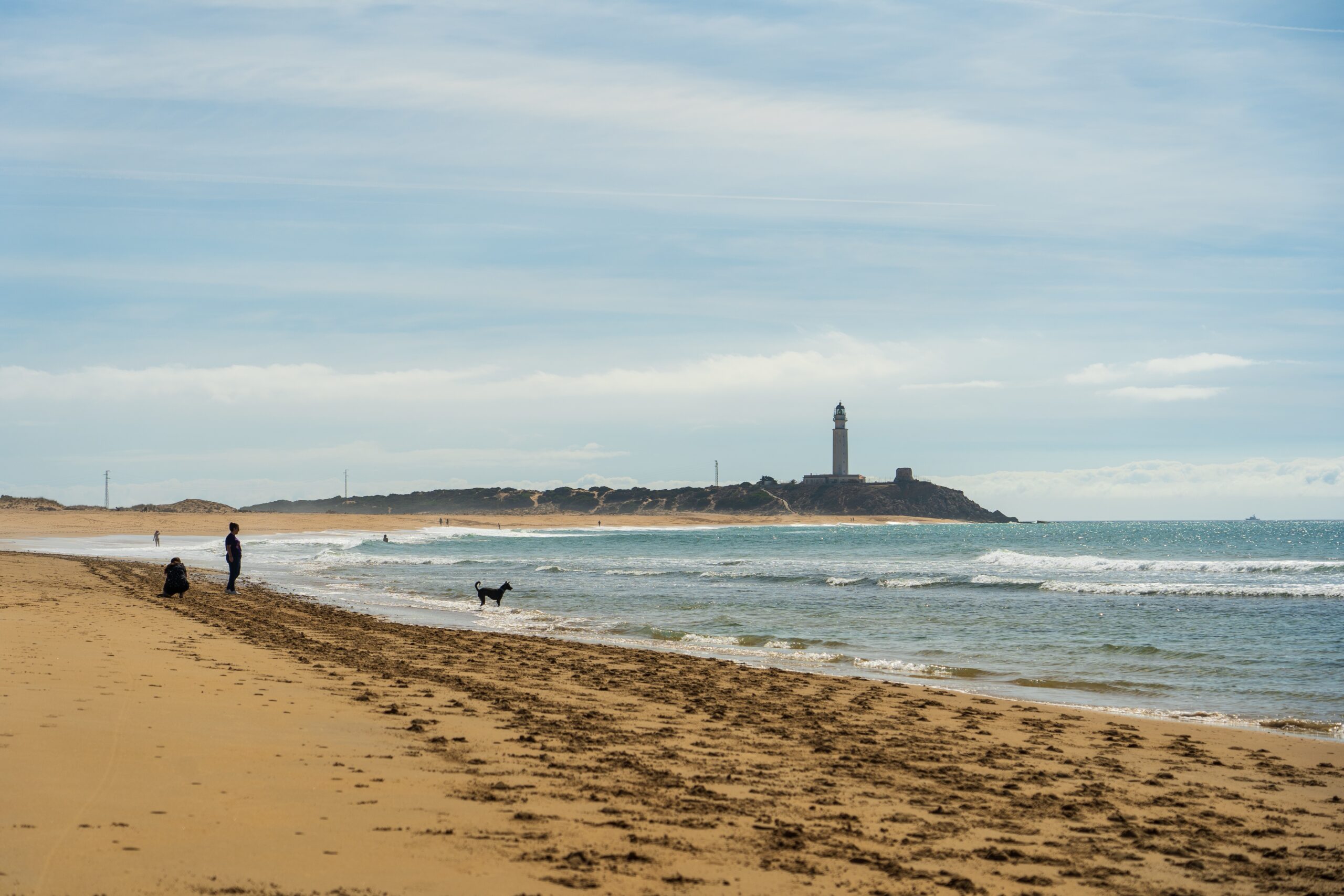New Hampshire Environmental Services Issue Warnings for Algal Blooms and Fecal Bacteria in Recreational Waters.
Concord, NH — The New Hampshire Department of Environmental Services recently released beach and water body inspection updates, revealing nine active advisories and warnings due to harmful algal blooms and fecal bacteria.
Cyanobacteria Alerts
Fecal bacteria advisories are currently in place for four beaches: Pawtuckaway State Park Beach on Pawtuckaway Lake in Nottingham; Corcoran’s Pond Beach on Corcoran’s Pond in Waterville Valley; Kingston State Park Beach on Great Pond in Kingston; and Chase Beach on Post Pond in Lyme.
The department has also issued cyanobacteria alerts for the Deering Reservoir and Cobbetts Pond in Windham.
Furthermore, cyanobacteria warnings and advisories are in effect for Province Lake in Effingham and Wakefield; Mascoma Lake in Enfield and Lebanon; and Tucker Pond in Salisbury.
The presence of cyanobacteria toxins can lead to a range of health effects, both acute and chronic, conditions and damage to the liver and central nervous system.
What are the Cyanobacteria?
Cyanobacteria, microscopic organisms present in various water bodies, can undergo significant growth, leading to the formation of algal blooms. Unfortunately, these blooms have the potential to contaminate water sources and pose toxicity risks to both animals and humans.
One of the most concerning aspects of cyanobacteria is their ability to produce toxins. Depending on the species, these microorganisms can generate hepatotoxins that harm the liver, and neurotoxins that harm the renal system.
It is crucial to be aware of the potential dangers and take appropriate precautions to safeguard against their harmful effects.
For more detailed information, concerned individuals are encouraged to visit the department’s website and explore the healthy swimming mapper linked here.
Do you want your company to be featured in The Concord Sentinel? Please contact us!




